When we help coaches, we help athletes. To give coaches some of the practical tools they need to assist their athletes, we put on a webinar to discuss how they can help athletes struggling with mental health (you can see the full webinar here if you're interested). We wanted to make this information widely available so this handy article will recap our discussion points and recommendations from the event.
Here are some signs and conversation starters that will help you reach out to athletes who may be struggling.
Pay attention to shifts in behaviour, particularly:
- An athlete who appears to be unhappy; not enjoying things as they used to; seems to be feeling sad, down or worried.
- An athlete who is withdrawing from teammates or friends, who may be isolating or no longer joining in on activities even missing practice.
- An athlete who seems to be significantly tired with low energy, or who may be unable to concentrate.
- An athlete who is having extreme mood changes – highs and lows; or is demonstrated excessive anger, hostility or even violence.
- An athlete who is no longer able to cope with daily problems or stress.
- Changes in eating habits; increasing alcohol or drug usage.
A few things to consider:
Approach the individual from a place of concern – not judgement!
Self-reflection is always a good idea. If you’re nervous to approach someone give some thought as to why that may be and what that’s about. If it because of judgement, you may want to bring someone else in to approach the individual.
How will you approach the conversation?
Is straight to the point the way to go or is it a better idea to be general? Since you’ve already built a relationship with your athlete, you’ll likely know what would work best for them.
Observations can be very helpful conversation starters.
Gently point out your observations about their behaviour and be curious in regard to what it’s about.
Make sure you have the time to engage.
You don’t want to have to cut the conversation short so make sure you have the time available to have a discussion if the athlete is willing to share.
Listen!
You’re there to listen. Not to solve things or fix them. Be patient and allow the individual the space to express themselves.
Be mindful of the space you're in.
When you reach out to someone who is struggling you want to ensure that there is the privacy the conversation warrants. Make sure you have a space that is removed from teammates or others who are in the area. Be sure the individual is comfortable in the space you are in.
Conversation starters:
- Hey, I’ve noticed that you don’t seem to be as engaged as usual. Is something going on for you?
- Do you have a few minutes to talk with me? Is everything okay with you? It seems like you’re not quite yourself.
- I’ve noticed you seem pretty down lately. Do you mind if anything is happening right now?
- I get the feeling that something is off with you. What going on?
- I know you’re going through a lot right now. What can I do to help?
If you feel stuck here are some options:
- I’m honoured you shared with me. What can I do to help?
- Thank you for talking to me. I’m not sure what to do next, what do you think?
- I appreciate you talking to me about this. What’s our next move?
- Thank you for trusting me. I think we need to talk to mom and dad, what do you think?
- Thanks for sharing. You’re dealing with a lot. Let’s see how we can make things more manageable.
Remember to reach out for support at any time. As a sporting community let’s work together to ensure the wellness of our athletes!
WANT TO WATCH THE ENTIRE WEBINAR?
Watch psychotherapists and Hone founders, Jessica Renney and Paula McQuaid, as we will take a look how you don’t have to be a professional to be a source of support to those who are struggling.


